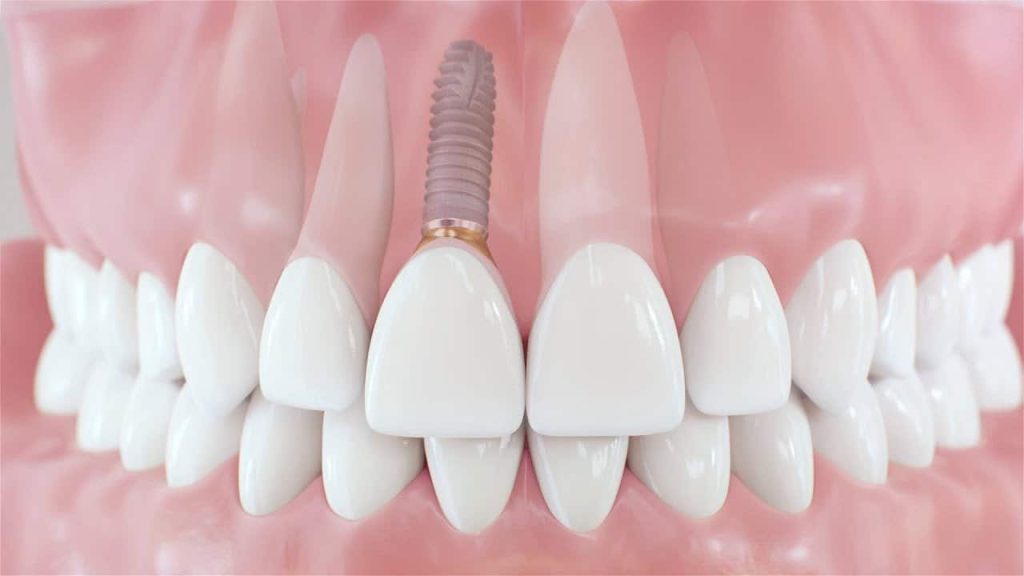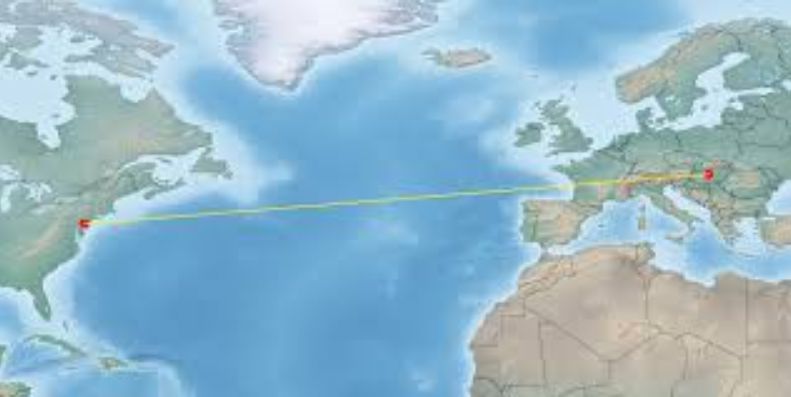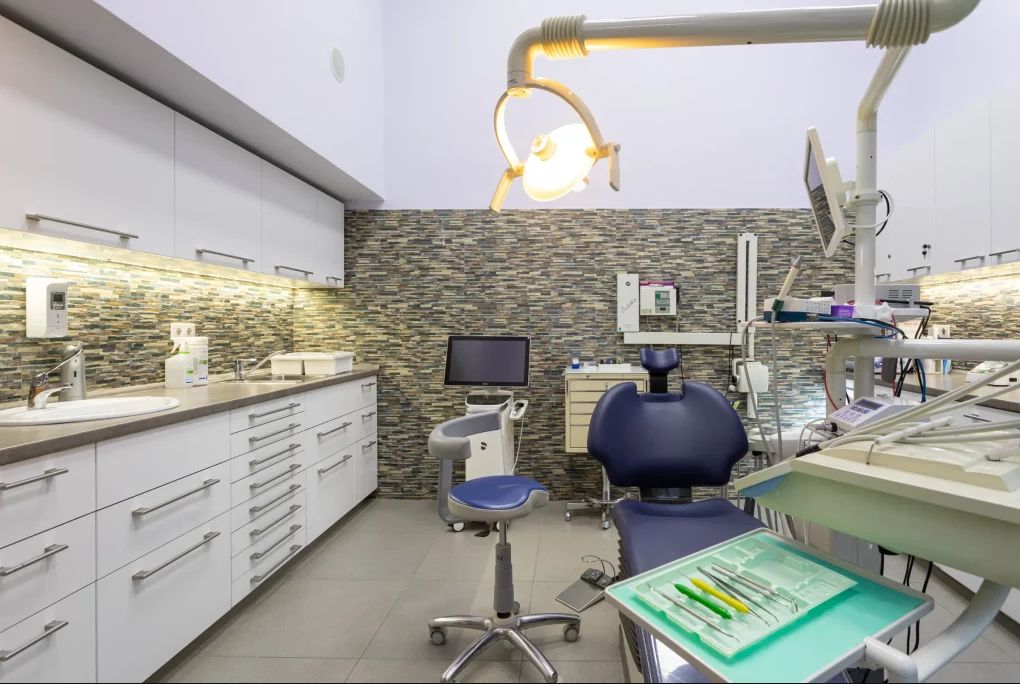
Why More Philadelphians Will Compare These Cities for Dental Care in 2026
With dental costs rising across the United States, more residents of Philadelphia and surrounding areas are asking: “Should I get my dental work nearby, or is it time to look overseas?” If you need crowns, veneers, dental implants, or full smile restoration, your choices are no longer limited to what’s available locally. In 2026, these options will expand even further, thanks to a new daily direct flight connecting Philadelphia with Budapest—Europe’s dental tourism capital.
Let’s explore costs, advantages, and practical steps for U.S. dental tourists as the connection between Philadelphia and Budapest reinvents the possibilities of affordable, world-class dental care.
Dental Care in Philadelphia: Pros and Cons
Advantages of Staying Local
-
Convenience: Easy access to your provider, quick follow-ups, no travel needed.
-
Insurance Coverage: Some procedures are partly covered by U.S. dental insurance.
-
Communication: No language barrier or cross-border paperwork.
Cons: Why Philadelphians Seek Dental Tourism
-
High Costs: Dental implants average $3,000–$5,500 apiece, while crowns and bridges can cost upwards of $1,200–$2,000 per tooth. Complex procedures cost as much as a new car—or more.
-
Insurance Gaps: Most U.S. dental plans don’t cover advanced or cosmetic treatments.
-
Delays: Appointment wait times and multi-step restorations can take months.
For these reasons, dental tourism is booming among Americans, especially those needing expensive, non-urgent care.
Mexico for Dental Tourism: Affordable, but Not for Everyone
The Appeal
-
Location: Easy drive or short flight for many Americans.
-
Drastic Savings: Implants and crowns are 50–70% cheaper than in the U.S.
-
Quick Turnaround: Many clinics offer accelerated timelines and focus only on foreigners.
Risks and Considerations
-
Quality and hygiene standards are variable; research is essential.
-
Some Mexican border regions raise safety or travel security concerns.
-
Warranty and aftercare may be limited once you return to Philadelphia.
Typical costs in Mexico:
-
Dental implant: $900–$1,500
-
Zirconia crown: $400–$650
-
All-on-4: $7,000–$8,500
Why Budapest, Hungary Is the Top Choice for Americans in 2026

New Direct Flight: Philadelphia to Budapest
In May 2026, American Airlines launches a daily nonstop flight—making it easier and faster than ever for Philadelphia residents to access Budapest’s world-renowned dental clinics.
-
Flight Details: Boeing 787 Dreamliner, daily service, convenient scheduling.
-
Seamless Travel: Connecting the U.S. East Coast directly to the heart of European dental tourism.
Why Americans Are Flocking to Budapest for Dental Care
-
Unmatched Savings: U.S. patients save 50–70% on complex dental work—even after airfare and hotel.
-
Top Quality: Hungary is consistently ranked among the world’s best for dental technology and education; Budapest clinics often use the same implants and materials as leading U.S. practices.
-
English-Speaking Dentists: No language barrier when you choose top clinics catering to foreign patients.
-
Streamlined Packages: Many Hungarian providers offer all-in-one dental tourism packages, including airport transfers, hotel stays, and city guides.
The Growing Trend for U.S. Dental Tourists
In the last two years, more Americans have sought treatment in Budapest than ever before. The number is expected to surge in 2026 with the introduction of the new direct PA-Budapest flight—removing the biggest logistical barrier for Philadelphia-area patients.
Turkey: Modern Facilities at Midrange Price
Turkey, especially Istanbul and Antalya, is another rising star in dental tourism. Turkish clinics combine affordable prices with modern technology, attracting patients globally.
-
Advantages: Internationally accredited dentists, luxury clinic settings, and a robust cosmetic dentistry market.
-
Considerations: Travel from Philly entails a longer trip than Budapest—there are no direct flights, usually one stop via Europe. Aftercare for Americans may be less convenient.
Typical costs in Turkey:
-
Dental implant: $850–$1,300
-
Zirconia crown: $300–$500
-
Veneer: $330–$525
Price Comparison Table: Dental Implants, Crowns, and Veneers (2026 Estimates)
| Treatment Type | Philadelphia (U.S.) | Mexico | Turkey | Budapest (Hungary) |
|---|---|---|---|---|
| Dental Implant | $3,000–$5,500 | $900–$1,500 | $850–$1,300 | $850–$1,150 |
| Zirconia Crown | $1,200–$2,000 | $400–$650 | $300–$500 | $350–$490 |
| Veneer | $900–$1,600 | $350–$500 | $330–$525 | $380–$525 |
| All-on-4 | $25,000–$46,000 | $7,000–$8,500 | $7,800–$12,000 | $7,200–$10,500 |
Budapest’s Dental Tourism Revolution: What to Expect
-
Global Leadership: Hungary’s dental tourism market will quadruple between 2023–2030, outpacing all other European destinations.
-
Skilled Workforce: Budapest’s 7,000+ dentists work in modern, private clinics targeting U.S., UK, German, and Nordic patients.
-
Advanced Procedures: From full mouth rehabilitation to digital smile design, you get the latest solutions at affordable prices.
How Your Philly–Budapest Dental Trip Works (2026 Example)
-
Obtain a Digital Consultation: Most Budapest clinics offer free online consultations using X-rays or 3D scans you provide.
-
Receive a Fixed Quote: Transparent, all-inclusive pricing for your full treatment—no surprise charges.
-
Book Your Trip: With the direct flight, you can often schedule your first appointment within a week of deciding.
-
Travel and Get Treated: Many clinics offer chauffeur service from the airport, hotel discounts, and bilingual care staff.
-
Enjoy Budapest: Stay in a city known for its architecture, thermal spas, cafes, and vibrant events.

Common Questions About Dental Tourism for Philadelphians
Will my U.S. insurance cover care in Budapest?
In most cases, U.S. dental insurance does not cover care prepared abroad, but many Philly patients take advantage of Health Savings Accounts (HSA) to pay for overseas care.
What about follow-up care?
Budapest clinics recognize the needs of international patients—warranty, emergency assistance, and digital aftercare are standard. Some practices even work with local U.S. dentists for minor issues.
How do I find a reputable clinic?
Look for clinics with ISO certifications, English-speaking staff, and hundreds of positive reviews from U.S./UK patients.
Is travel to Budapest safe and convenient in 2026?
With the daily direct flight, getting to Budapest is as simple as a trip to Miami—no layovers needed. Hungary, and Budapest in particular, is a very safe area with a welcoming atmosphere for U.S. tourists and patients.
Who Benefits Most From Dental Tourism to Hungary?
-
Patients with major dental needs: Full mouth reconstruction, extensive implant work, or cosmetic smile makeovers.
-
Uninsured or underinsured: Save up to 70% versus local Philadelphia costs.
-
Anyone combining dental care and European travel: Explore Budapest before, during, or after your procedure.
Practical Tips for Dental Tourists from Philadelphia
-
Research clinics thoroughly.
-
Request credentials of your chosen dentist.
-
Ask for a written treatment plan with all costs.
-
Review warranty and aftercare arrangements.
-
Plan to stay at least 1–2 extra days after treatment for follow-up visits and relaxation.
-
Use your HSA/FSA wisely—check IRS rules first!
Why the 2026 Direct Flight Changes Everything
Until now, the biggest obstacle for Americans considering dental tourism in Hungary was the lack of direct connectivity. Starting in May 2026, this changes:
-
Travel time from PHL to BUD drops to as little as 8.5 hours.
-
American Airlines provides daily service, maximizing flexibility for appointments and follow-ups.
-
The flight makes Budapest the most convenient European dental destination for anyone living in the Philadelphia metro area.
Final Thoughts: Is Budapest Worth It for Dental Tourism From Philadelphia?
Budapest combines world-class care, cost savings, and—now—the convenience of a daily direct flight. Whether you need a single implant or a major smile transformation, compare your Philly quote with Budapest clinics and see how much you can save.
-
Typical savings: $10,000–$35,000 for full-mouth cases versus U.S. prices, even after travel and hotel.
-
Quality and safety: Widely reported to match or exceed U.S. and Western European standards.
-
Trip flexibility: Daily direct flight means easy scheduling.
If you’re a Philadelphia resident looking to restore your smile without breaking the bank, Hungary’s capital awaits—with world-class dentists and a new nonstop connection that takes the hassle out of dental travel.
Ready to explore your options?
Contact accredited Budapest dental clinics for a free virtual consultation and make 2026 the year you invest in your smile—at a fraction of the local cost!